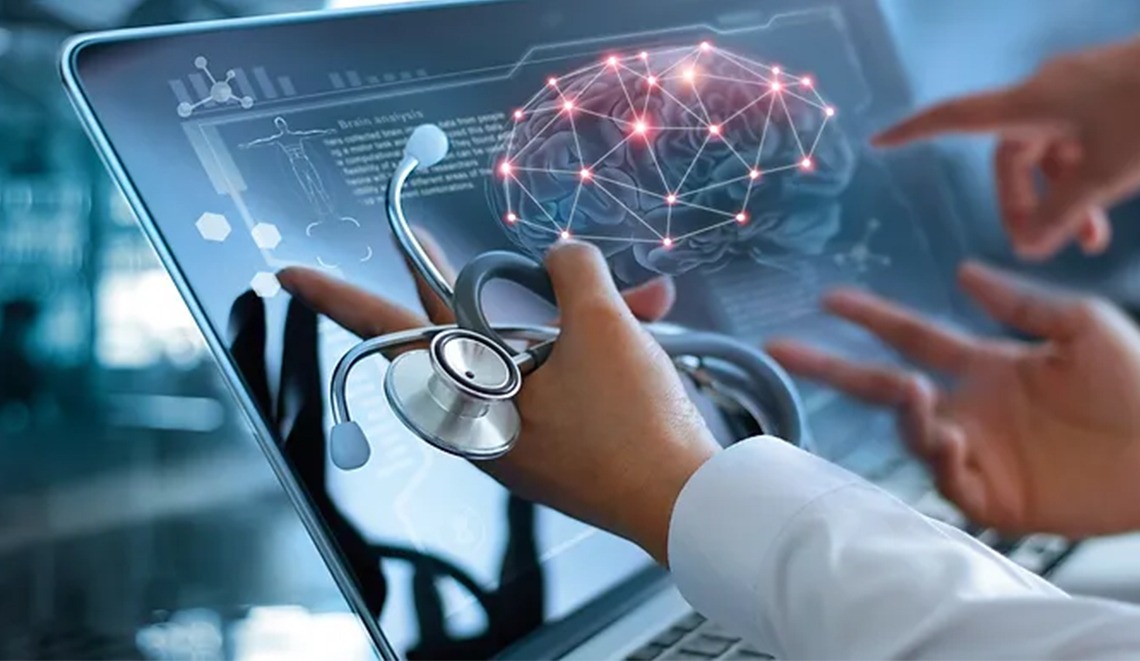New Innovations in Lab Testing Technology: Improving Accuracy and Efficiency

Healthcare is being dramatically transformed by amazing advancements in medical lab technology. These breakthroughs aren't just fancy gadgets; they're making a real difference in people's lives by helping doctors to provide better care and offering patients more peace of mind. For comprehensive and efficient diagnostics, lab testing Houston is making the most of these incredible technologies to provide faster and more reliable lab results.
Let's learn more about some of these exciting innovations.
New Innovations in Lab Testing Technology: Improving Accuracy and Efficiency
Artificial Intelligence and Machine Learning
Artificial intelligence and machine learning are reinventing lab testing by rapidly analyzing and processing large amounts of data to identify patterns and correlations that humans cannot. AI algorithms can detect biomarkers related with diseases such as cancer and diabetes, resulting in accurate diagnosis. On the other hand, machine learning algorithms can predict patient outcomes based on past data, allowing physicians to make smarter treatment decisions. In addition, these diagnostic capabilities of these algorithms are expected to increase by ongoing improvements using larger datasets and advanced computational methods.
Lab-on-a-Chip
Have you ever seen a science experiment conducted on a mini platform? That's the basic idea behind lab-on-a-chip technology, also known as microfluidics. These chip-sized devices can perform multiple lab test functions simultaneously, using just small amounts of blood samples making testing less invasive for patients. Moreover, these chips are portable and can be used in remote areas or even at a doctor's office, leading to quicker turnaround times for test results and faster treatment decisions.
Next-Generation Sequencing
Our DNA is like a complex instruction manual for our bodies. Next-generation sequencing (NGS) allows scientists to read this code with incredible speed and accuracy. This technology can identify genetic mutations linked to various diseases, even in their earliest stages. Unlike traditional sequencing methods, which could take weeks and were limited in scope, NGS is revolutionizing fields like cancer diagnosis and personalized medicine. These plans can be personalized to a patient's unique genetic makeup, which can improve the chances of successful treatment.
Digital Pathology
Pathology is the study of tissues and cells to diagnose diseases. Traditionally, this involved examining samples under a microscope. Digital pathology takes this process a step further by creating digital images of these samples. These digital slides can be easily viewed on computers and shared with other specialists for consultation, improving diagnostic accuracy and simplifying the process, especially in remote areas where access to specialized pathologists might be limited.
Point-of-Care Testing
These compact, user-friendly machines can perform a variety of tests on-site, providing results within minutes. POCT is particularly useful for rapid diagnosis of infections, allergies, and other conditions that require immediate attention. It can also be a valuable tool in areas with limited resources, making healthcare more accessible for everyone.
CRISPR-Based Testing
The quick identification of infectious agents is essential for controlling epidemics and minimizing the spread of disease. CRISPR-based testing is transforming the diagnosis of infectious diseases by providing this rapid and highly accurate identification of pathogens. Notably, these tests are affordable and suitable for widespread use, especially in resource-limited settings.
Telemedicine
Patients may now obtain diagnostic services more easily by collecting samples at home and sending them to laboratories for analysis thanks to the merging of telemedicine and lab testing technologies. For those who live in rural or underdeveloped areas with few access to healthcare services, this is quite helpful. Telemedicine solutions also provide online discussions with experts, guaranteeing prompt and precise diagnosis without physical visits.
The Power of Innovation in Medical Lab Testing
These innovations in medical lab technology represent a major step forward in healthcare. By improving accuracy, efficiency, and accessibility, these advancements are simplifying the way for faster diagnoses, more targeted treatments, and ultimately, a healthier future for all.

